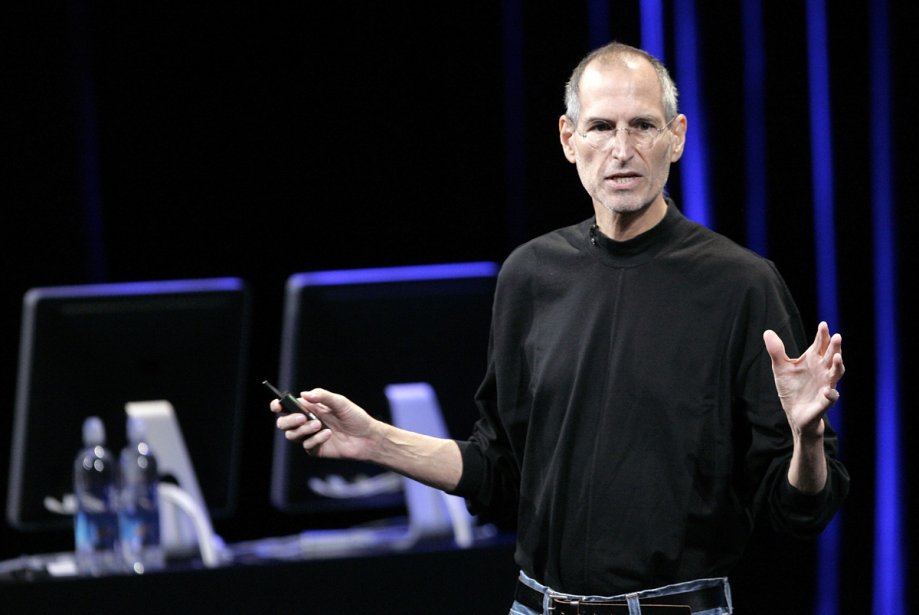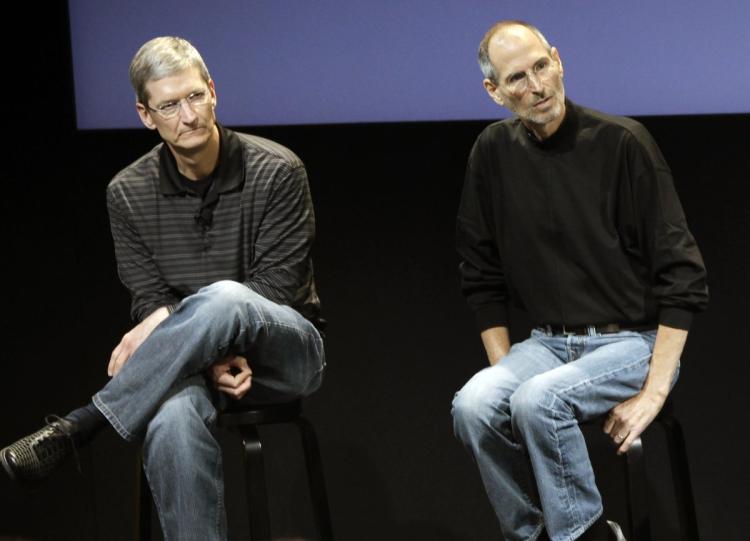During his time at Apple, Steve Jobs became famous for his uncompromising, hard, perfectionism and strictness, which he applied not only to his subordinates and colleagues, but also to himself. In January 2009, however, circumstances came to the fore that forced even the unstoppable Jobs to stop and take a break.
When the disease does not choose
Cancer. A modern-day bogeyman and a not-so-just disease that doesn't discriminate among its victims based on status, gender, or skin color. It did not escape even Steve Jobs, and unfortunately his battle with a terminal illness became almost a public matter, especially at a later stage. Jobs resisted the symptoms of the disease for a long time and faced its effects with his own stubbornness and determination, but in 2009 there came a moment when even the seemingly indomitable Jobs had to take a "health leave" and leave Apple.
Jobs' illness worsened to such an extent that it was no longer possible for him to continue to devote himself to his work. Jobs resisted leaving for a long time, keeping the details of his health under wraps and refusing to give in to curious reporters who fought for every detail of his life. But at the time of his departure, he acknowledged that his health problems were "more complex than he originally thought".
In the year he decided to leave Apple, Jobs had already known about his illness for five years. Considering the specific diagnosis, such a long time spent in a relatively active way of life was essentially a miracle. Pancreatic tumors are particularly aggressive and only a very small percentage of patients manage to fight them for five years. In addition, Jobs initially preferred alternative treatment to surgical and "chemical" solutions. When he agreed to the surgery after nine months, Tim Cook temporarily replaced him at the head of Apple for the first time.
Upon his return to the helm of the company in 2005, Jobs announced that he had been cured - he also mentioned it in his famous speech on the grounds of Stanford University.
However, mostly tabloid shots from later, showing an increasingly thin Jobs, claimed otherwise.
Easy treatment
Over the following years, Jobs remained uncompromisingly silent about his condition while undergoing a series of classic and alternative interventions and procedures to stop the insidious disease. In 2009, Jobs released an official statement stating that "hormonal imbalances are depriving him of the proteins his body needs to be healthy", "sophisticated blood tests confirmed this diagnosis" and "treatment will be relatively easy". In reality, however, Jobs faced a number of problems stemming from, among other things, the late start of treatment. The public demanded as many details as possible from Jobs' life, criticized his desire for privacy, and many people even directly accused Apple of non-transparency and confusing the public.
On January 14, Steve Jobs decided to officially announce his departure from Apple due to health reasons in an open letter:
the team
I'm sure all of you saw my letter last week where I shared something very personal with the Apple community. Curiosity, focused on my personal health, unfortunately continues and is very distracting not only to me and my family, but also to everyone at Apple. In addition, over the past week it has become clear that my health problems are more complex than I originally thought. In order to focus on my health and to allow the people at Apple to focus on making extraordinary products, I have decided to take a medical leave until the end of June.
I've asked Tim Cook to take over the day-to-day running of Apple, and I know he and the rest of the executive management team will do a great job. As CEO, I plan to continue to be a part of major strategic decisions during my time away. The Board fully supports this plan.
I look forward to seeing you all again this summer.
Steve
No easy task for Cook
In the eyes of millions of Apple fans, Steve Jobs was irreplaceable. But it was he himself who chose Tim Cook as his representative, which testifies to the great trust he had in him. "Tim runs Apple," Michael Janes, Apple's online store manager, said in 2009, "and he's been running Apple for a long time. Steve is the face of the company and is involved in product development, but Tim is the one who can take all these suggestions and turn them into a huge pile of money for the company,” he added.
At Apple at that time, you would probably have looked in vain for a more different couple than Cook and Jobs. "His analytical mind is highly organized and action-oriented," Michael Janes said of Tim Cook. But the two men were clearly united by a passion for the constant improvement of apple products, the ability to set very high standards and an intense focus on detail, which Cook had already demonstrated since joining the Cupertino company in 1998. Like Jobs, Cook also stands out as a huge perfectionist, even though the two were diametrically different from each other.
What do you think are the main differences between Jobs' and Cook's management of Apple? And how do you think Apple would look today with its products if Steve Jobs was still at its head?


that kind of maniacal emphasis on detail is missing from current Apple.